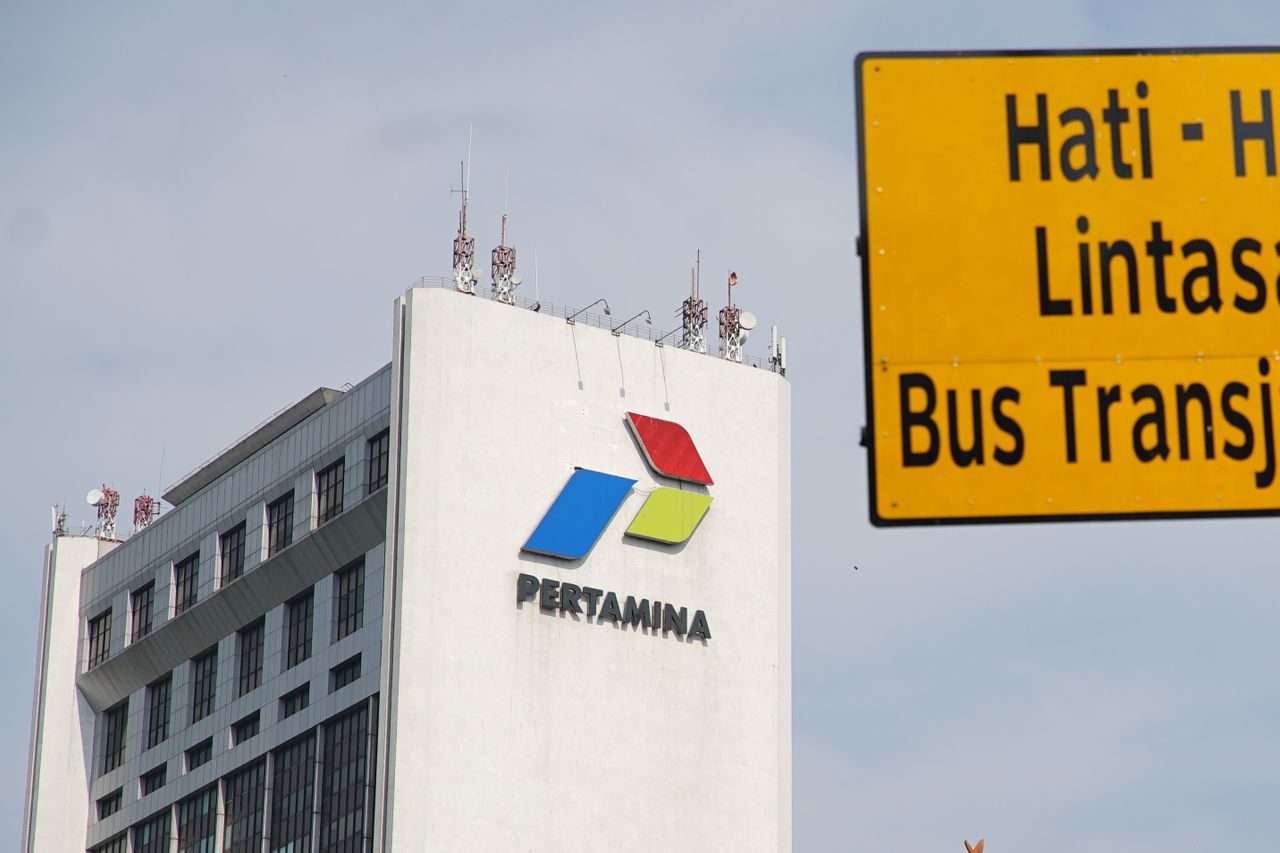Government Encourages Reducing Petrochemical Imports

JAKARTA - The government is targeting to save foreign exchange of up to US $ 1.2 billion US dollars per year in line with the increase in government ownership in the shares of PT Trans-Pacific Petrochemical Indotama (TPPI) to 80 percent which was just agreed on Friday, December 20 yesterday.
Coordinating Minister for Economic Affairs Airlangga Hartarto said the government through PT Pertamina Persero had completed the conversion of receivables into shares in TPPI. With 80 percent ownership in TPPI, the government can encourage petrochemical production in order to reduce the portion of imports.
"In this way, it can reduce imports of chemicals. Today it has been signed and tomorrow the President visits the TPPI factory. That is a quick win (short-term program) for the government," said Airlangga.
TPPI is a subsidiary of PT Tuban Petrochemical Industries (TPI). Airlangga said the potential for import cuts could be even greater if in the medium and long term, the government's facilitation or debottlenecking efforts were realized. In addition, the potential for foreign exchange savings will also increase if the production price of aromatic petrochemical derivative products increases.
"Because the price can fluctuate, in the future it will not only be aromatic but from some there must be additional investment and it will be prepared by the Ministry of BUMN," he said.
The government officially owns 95.9 percent of PT TPI's shares. Prior to that, the government only owned 70 percent of TPI's shares. Considering that TPI's finances are under pressure, in the middle of this year the government has provided State Capital Participation of Rp. 2.62 trillion or the equivalent of 157,906 shares, which in turn makes the government share ownership of 95.9 percent.
The government's move to acquire TPI and its subsidiary PT Trans Pacific Petrochemical Indotama (TPPI) is in order to develop the domestic petrochemical industry so that it can reduce imports.
In the future, the stalled TPPI refineries can be optimized to meet the needs of the domestic petrochemical industry and can be directed to the export market.


